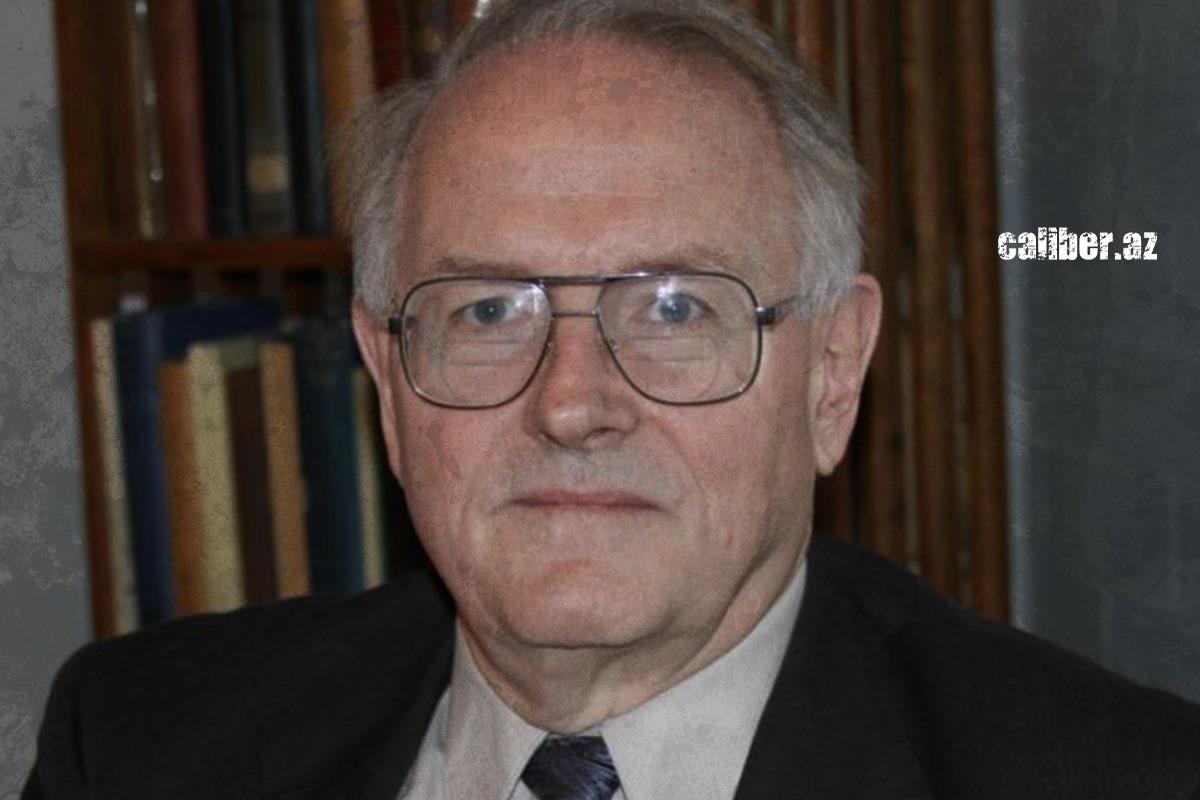Generations of discrimination: Can slavery reparations revoke collective memory? Experts cast doubt on Guterres' controversial atonement attempt
On March 25, Reuters reported on United Nations chief Antonio Guterres' call for reparations over the transatlantic trafficking of enslaved people as a way to tackle its legacy in today's society, including systemic racism.
From the 15th to the 19th century, at least 12.5 million Africans were kidnapped, forcibly transported by European ships and merchants and sold into slavery. Those who survived the brutal voyage ended up toiling on plantations in the Americas, mostly in Brazil and the Caribbean, while others profited from their labour.
In a statement to mark the UN International Day of Remembrance of the Victims of Slavery, Guterres said the past "laid the foundations for a violent discrimination system based on white supremacy."
"We call for reparatory justice frameworks to help overcome generations of exclusion and discrimination," Guterres said.
It is crucial to acknowledge that the descendants of African slaves primarily reside in the United States, but some also inhabit European countries, such as France.
If we examine Guterres' statements closely, we notice that he proposes that these individuals should receive monetary compensation, also known as "reparations," to help overcome the remnants of the slave trade in modern society, including systemic racism. However, can monetary compensation make the descendants of slaves forget about the atrocities that their ancestors faced and spontaneously develop positive feelings towards Caucasians? It's essential to remember that every individual is unique, and many black and white people treat each other with respect and without prejudice. On the other hand, some individuals hold racist views despite their race. Can monetary compensation truly change their beliefs? Additionally, who should provide these reparations, and what should be the amount of the payment? It's peculiar to hear such a vague proposal from the UN Secretary-General himself.
Foreign pundits shared their opinions on the matter with Caliber.Az.

American analyst Paul Goble, who previously served as a special advisor to the US Secretary of State, believes that the focus should be on combating racism and promoting the accurate remembrance of historical events instead of discussing reparations. According to Goble, the process of calculating and distributing reparations may exacerbate the situation, making it difficult to achieve a positive outcome.

Alexander Cherkassky, an analyst, publisher, and editor-in-chief of Neue Zeiten magazine and YouTube channel Neue Zeiten TV in Germany, criticized the recent initiative by Guterres. According to Cherkassky, this initiative is not only strange but also harmful to the existing world order. It raises questions about the motivation behind it and the circles that are interested in it. Cherkassky argued that the initiative could have a destructive effect on the already complicated world relationships.
Cherkassky added that if we follow Guterres' logic, it would mean that modern European women should file a compensation claim against the Roman Catholic Church for witch hunts in the Middle Ages, and Russia should make financial claims to the Republic of Mongolia for the Tatar-Mongolian yoke. He considered this kind of thinking absolute nonsense and questioned the ideological and financial motivations behind such initiatives.
Cherkassky also criticized the UN's recent position on conflict resolution in the world, which he believes indicates that the organization is not able to monitor what is happening. He argues that the UN expresses concern, betraying a clear political bias of a certain kind. This is quite clear from her attitude towards several recent conflicts taking place in the world.
Finally, Cherkassky noted that Secretary-General Guterres' statements on the war in Ukraine and on what is happening in the Middle East are questionable. He believes that Guterres' ideological attitude is far from the goals and objectives that the founding countries of the United Nations faced. As a result, he questioned the expediency of the existence of such an organization due to its real inefficiency.

Former Minister of Justice of Moldova and ex-member of the Venice Commission of the Council of Europe, Alexandru Tenase, has stated that the idea of introducing a reparations system for events that occurred centuries ago is impractical. He believes that this proposal, made by UN Secretary-General, Guterres, can lead to absurd consequences. According to Tenase, this confirms that the world is in a state of cold war between leftist forces and Western democratic societies.
Tenase also criticizes the UN Secretary-General for focusing on phantasmagoric topics while ignoring the Russian military aggression against Ukraine, which is a member of the UN Security Council. He suggests that Guterres should concentrate on the millions of Ukrainian refugees who were forced to leave their homes due to Russian aggression.
Tenase believes that the UN has degraded from its original purpose of ensuring global security to a club of rich-money bureaucrats. The crisis in Gaza and the Russian military aggression against Ukraine highlights the urgent need to reform the United Nations.








